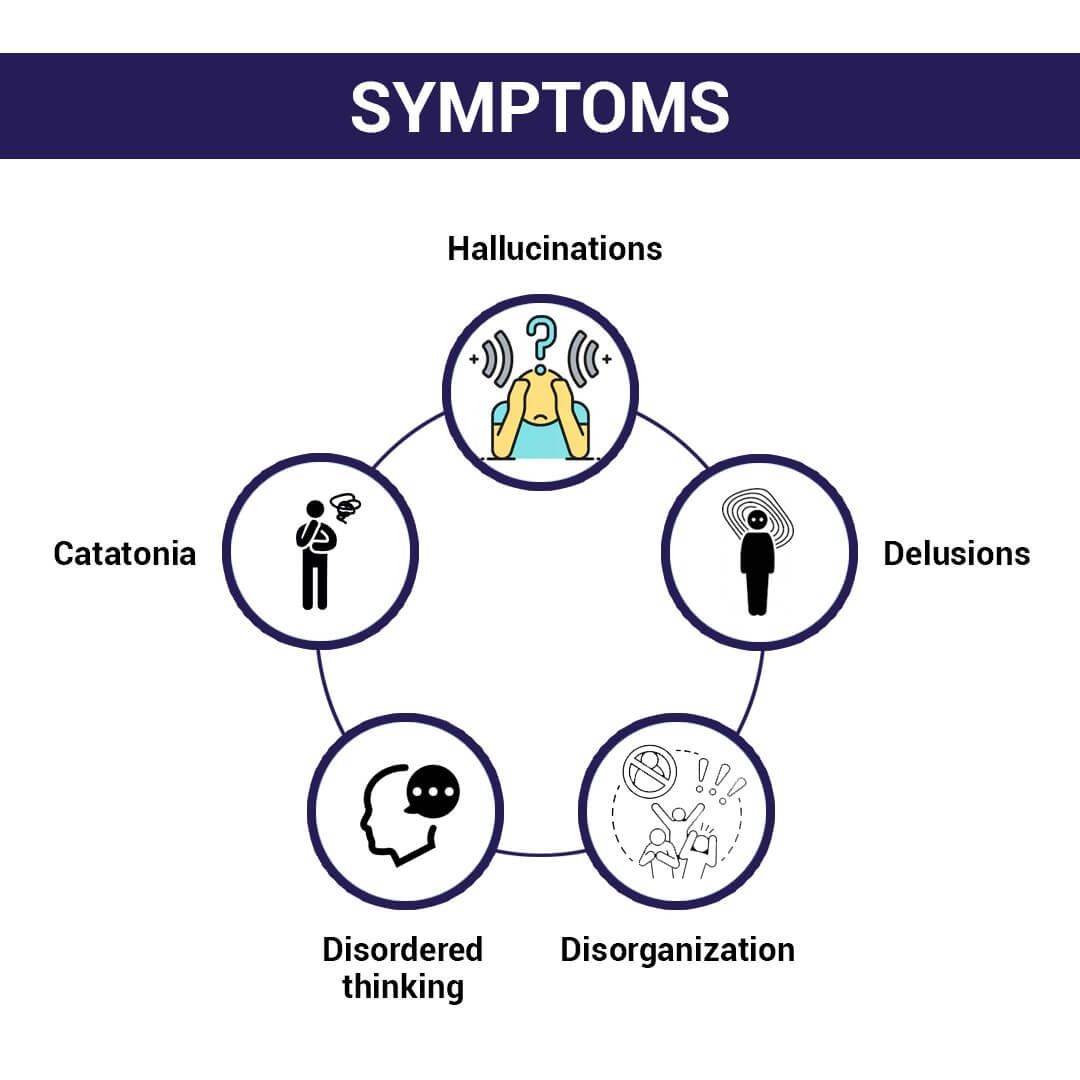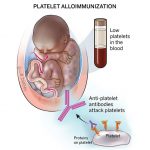
Contents
ICU Psychosis
ICU psychosis, also known as ICU syndrome, is a form of delirium or acute brain failure.
ICU psychosis is a disorder in which patients in an intensive care unit (ICU) or a similar setting experience serious psychiatric symptoms. ICU psychosis is a form of delirium or acute brain failure.
Causes of ICU psychosis
Environmental Causes
- Sensory deprivation: Patients are placed in windowless rooms away from family, friends, and familiarity.
- Sleep disturbance and deprivation: Constant disturbance and noise from hospital staff checking vital signs and providing medication.
- Continuous light levels: Disruption of normal biorhythms due to constant lighting.
- Stress: Patients in the ICU often feel a loss of control over their lives.
- Lack of orientation: Patients lose track of time and date.
- Medical monitoring: Continuous monitoring of vital signs and noise from monitoring devices can cause sensory overload.
Medical Causes
- Pain: Inadequately controlled pain in the ICU.
- Critical illness: Stress on the body during illness can cause a variety of symptoms.
- Medication reaction or side effects: Administration of new medications in the hospital setting.
- Infection: Fever and toxins in the body.
- Metabolic disturbances: Imbalances in electrolytes, low blood oxygen levels, and elevated liver enzymes.
- Heart failure: Inadequate cardiac output.
- Cumulative analgesia: Inability to feel pain while conscious.
- Dehydration
Symptoms of ICU psychosis
Patients experience a variety of symptoms, including:
- Extreme excitement
- Anxiety
- Restlessness
- Hallucinations and hearing voices
- Confusion and disorientation
- Agitation and abnormal behavior
- Delusions and paranoia
- Nightmares
- Fluctuating level of consciousness
Patients may become temporarily psychotic. The onset of ICU psychosis is rapid and distressing to both patients and their families.
Prevalence of ICU psychosis
It is estimated that one in three patients who spend more than five days in an ICU experiences some form of psychotic reaction. As the number of intensive care units and patient populations increase, more individuals will be affected by this disorder. ICU psychosis may also occur in other areas of the hospital or after discharge.
Duration of ICU psychosis
ICU psychosis may last from hours to weeks, with fluctuations in consciousness and behavior patterns. Symptoms may be worse at night, a phenomenon known as sundowning.
Appearance of ICU psychosis
ICU psychosis can manifest as disorientation, depression, and a sense of being cut off from the world. It may be triggered by factors such as the absence of familiar objects or the presence of pain.
Dangers of ICU psychosis
ICU psychosis can be dangerous, even life-threatening. For example, patients may become disoriented and remove their intravenous catheters, leading to bleeding and further complications. It is important to prevent ICU psychosis if possible.
Diagnosing ICU psychosis
The diagnosis of ICU psychosis can only be made when no underlying medical condition mimics the symptoms. A thorough medical assessment is necessary to rule out other causes of mental status abnormalities, such as stroke, infection, medication side effects, low blood sugar, or withdrawal.
Ensuring patient safety is a top priority.
Treating ICU psychosis
The treatment of ICU psychosis depends on its cause. Identifying contributing factors and addressing them is crucial for symptom relief. Reviewing the patient’s medications is a first step. Providing a quiet environment for optimal sleep, controlling visitor stimulation, addressing dehydration or heart failure, diagnosing and treating infections, and administering sedatives or antipsychotics may help manage ICU psychosis.
While ICU psychosis can be a side effect of life-saving medical interventions, efforts should be made to minimize its occurrence.
Preventing ICU psychosis
To prevent ICU psychosis, critical care units are implementing various strategies:
- Allowing more liberal visiting policies
- Providing periods for sleep
- Minimizing unnecessary excitement
- Coordinating nursing staff shifts
- Orienting patients to date and time
- Explaining medical procedures and addressing concerns
- Considering religious and cultural beliefs
- Adjusting lighting to mimic day-night cycles
By implementing these measures, the primary goal is to restore the patient’s health and return them to normal activities as quickly as possible.
Medical review by John A. Daller, MD; American Board of Surgery with subspecialty certification in surgical critical care
Francis, Joseph Jr., M.D. "Prevention and treatment of delirium and confusional states." UptoDate.com. Updated Aug. 13, 2014.


